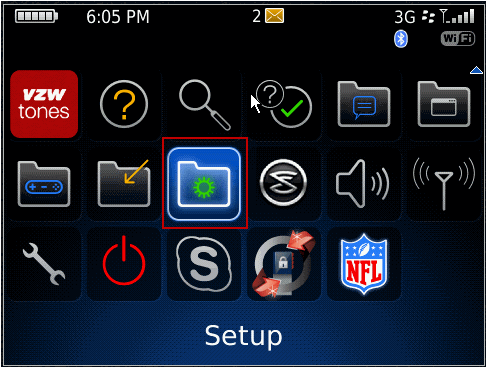 Personal data leaked out on the internet is becoming a very basic situation. Just lately, Sony suffered a huge breach of their PlayStation Network in the year 2011 that resulted in the theft of names, address and maybe credit card information belonging to almost 77 million end users. If you feel scenario is bad then we need to take on that things can get worse as more information and facts are thrown out on the internet by bizarre hacker organizations such as Anonymous, and cyber criminals begin to target smartphones and social media. In 2011, AntiSec, a LulzSec hacking group released more than 10GB of information from 70 United States law-enforcement agencies. Even though they aren’t motivated by money, AntiSec doesn’t like how various law enforcement agencies operate and it’s trying to embarrass and discredit them. They simply said “We don’t worry about collateral damage. It will happen, and so be it.”
Personal data leaked out on the internet is becoming a very basic situation. Just lately, Sony suffered a huge breach of their PlayStation Network in the year 2011 that resulted in the theft of names, address and maybe credit card information belonging to almost 77 million end users. If you feel scenario is bad then we need to take on that things can get worse as more information and facts are thrown out on the internet by bizarre hacker organizations such as Anonymous, and cyber criminals begin to target smartphones and social media. In 2011, AntiSec, a LulzSec hacking group released more than 10GB of information from 70 United States law-enforcement agencies. Even though they aren’t motivated by money, AntiSec doesn’t like how various law enforcement agencies operate and it’s trying to embarrass and discredit them. They simply said “We don’t worry about collateral damage. It will happen, and so be it.”
However the actual problem these people didn’t realize is the fact that once they publish sensitive personal data, it is helping significantly less qualified cybercriminals to commit identity fraud. Every week, a govt dept or enterprise has its information breached.
While certain high-profile attacks like Sony’s usually are meant to humiliate and spark change, the United States law-enforcement breach could represent a change in hacker thinking. AntiSec’s motivations have the symptoms of a vital difference, using the attackers purposely thinking about collateral damage like a proper weapon.

















